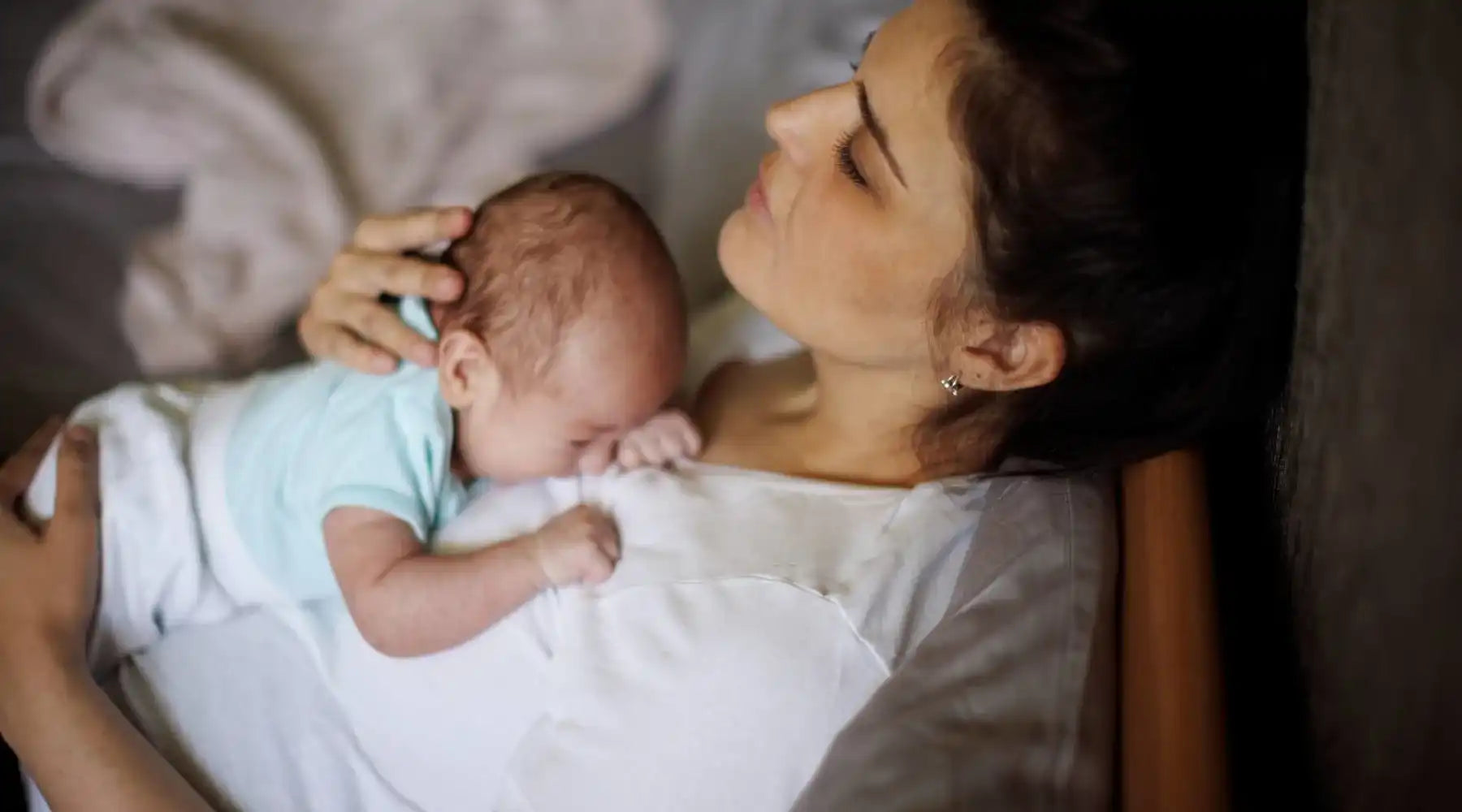Newborn Sleep
Sleep is one of the most important parts of your baby’s growth and development, yet it’s often one of the biggest challenges for parents. From unpredictable newborn sleep patterns and middle-of-the-night feedings to toddler bedtime battles and nap resistance, every stage comes with new hurdles. Learning about safe sleep practices, how much rest babies really need, and how to build healthy routines can make nights smoother and days more predictable. Whether you’re navigating regressions, dealing with early wakeups, or wondering when to expect longer stretches of rest, understanding infant and toddler sleep helps set realistic expectations. With the right strategies, you can create more restful nights, smoother naps, and a safe sleep environment that supports your child’s development—and your own peace of mind.










